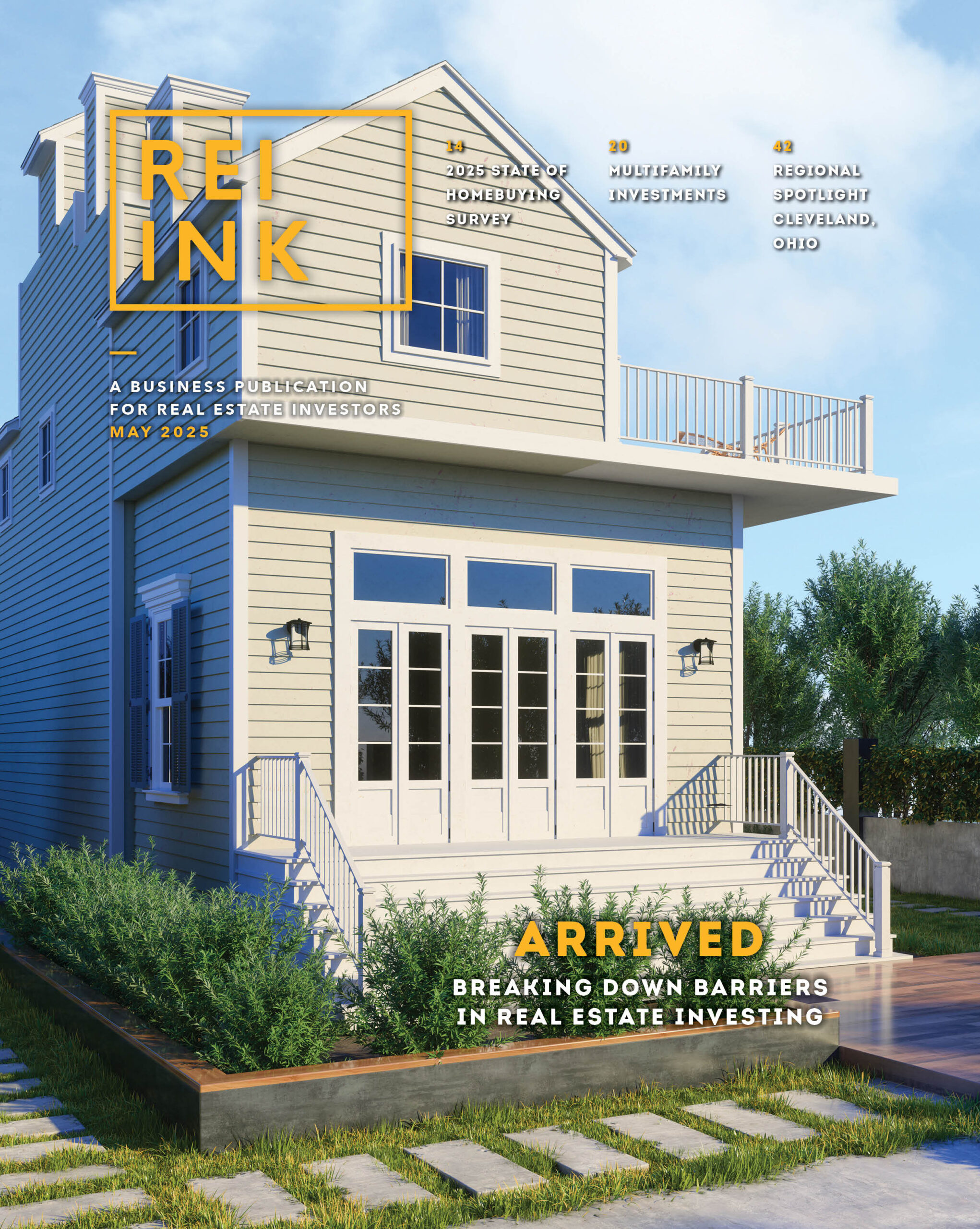Squid Games and Green Shoots for Private Lending By Eric Abramovich The private lending industry emerged from 2022 battered but hopeful. At the halfway mark of 2023, we are really starting to feel the repercussions of Fed policy slamming the brakes on the economy. Just like the anti-lock braking...

















